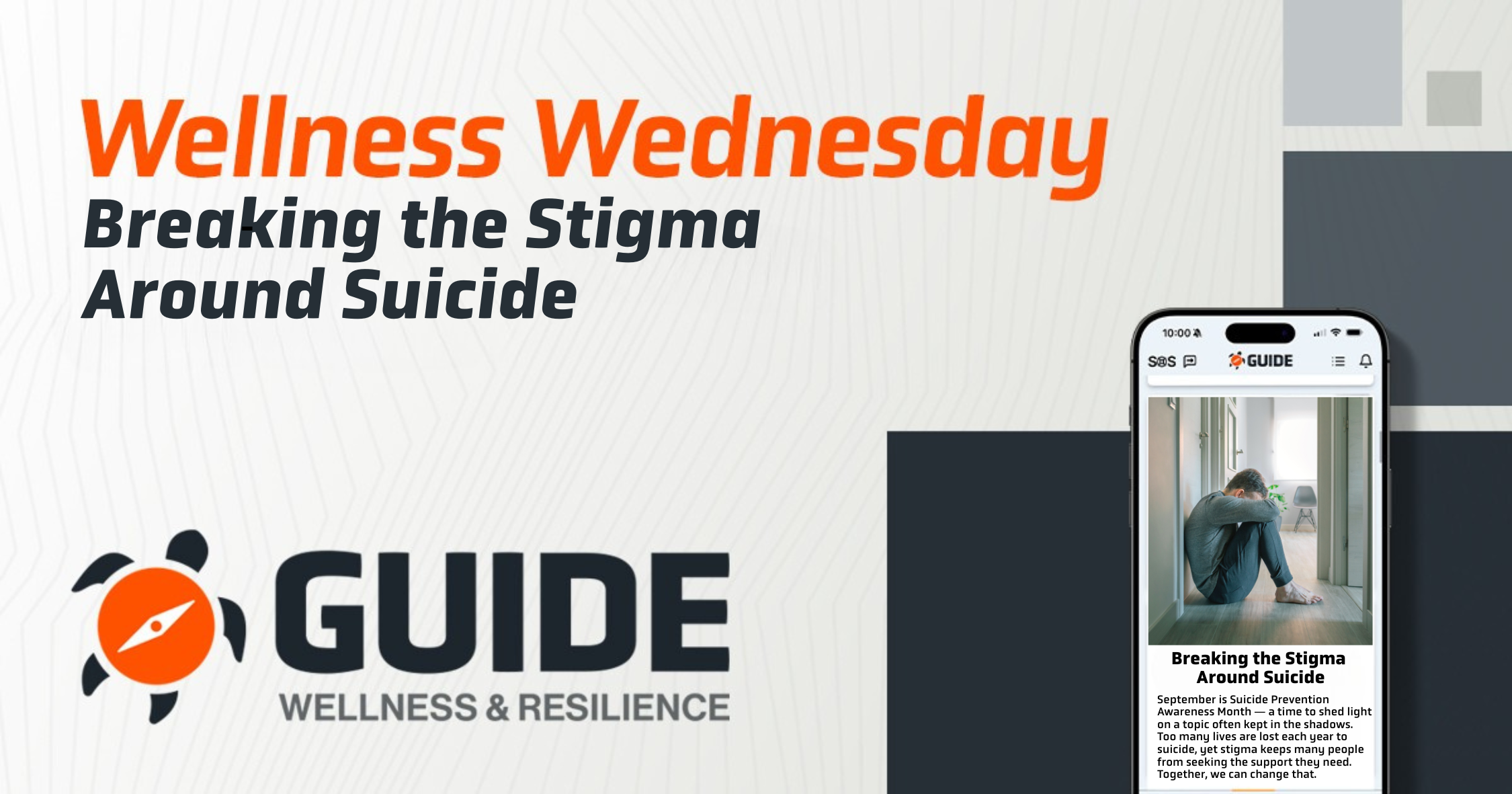Welcome back to Wellness Wednesday! Today, we’re uncovering the crucial link between sleep and mental health. Many of us understand the frustration of a sleepless night, but few realize just how deeply our sleep habits affect our mental wellness. Let’s explore why a good night’s rest is essential for maintaining a healthy mind and how you can improve your sleep patterns.
The Vital Role of Sleep in Mental Health
Sleep isn’t just downtime for the body; it’s critical for brain function. Here’s how proper sleep impacts your mental health:
- Emotional Regulation: Lack of sleep can make you more irritable and prone to stress. Consistent, restful sleep helps regulate mood and decrease the likelihood of depression and anxiety.
- Cognitive Function: During sleep, your brain processes the day’s information. Good sleep consolidates memories and enhances problem-solving abilities and concentration.
- Stress Reduction: Quality sleep helps mitigate the effects of stress on the brain. By resting properly, you allow your brain to recover and recharge, reducing stress and improving overall mental resilience.
Tips for Enhancing Sleep Quality
Improving sleep isn’t just about quantity; it’s about quality. Here are some tips to help you achieve better sleep, which in turn can enhance your mental health:
- Consistent Sleep Schedule: Try to go to bed and wake up at the same time every day. This consistency helps set your body’s internal clock and improves the quality of your sleep.
- Optimize Your Sleep Environment: Make your bedroom conducive to sleep—cool, quiet, and dark. Invest in good quality curtains, comfortable bedding, and perhaps a white noise machine if needed.
- Relaxing Pre-Sleep Routine: Develop a bedtime routine that signals your body it’s time to wind down. This might include activities like reading, taking a warm bath, or gentle stretches.
The Science Behind Sleep and Mental Health
Scientific studies have consistently shown that sleep deprivation can have a severe impact on mental health. Lack of sleep affects neurotransmitter and stress hormone levels, which can worsen mental health conditions. On the flip side, good sleep has been shown to improve problem-solving skills and enhance memory. For first responders and military personnel, who often experience high-stress environments, managing sleep is not just beneficial—it’s essential.
This Wellness Wednesday, take a moment to assess your sleep habits. Remember, improving your sleep quality can have a profound impact on your mental health. It’s not just about preventing tiredness; it’s about fostering a resilient, well-functioning mind.
Encourage yourself and others to prioritize sleep and watch as your mood, work performance, and overall health begin to improve.
Ready to learn more about enhancing your mental wellness? Visit theguideapp.com for more information on how The GUIDE App can support your mental health journey with tailored daily practices and resources. Here’s to better sleep and better mental health!




